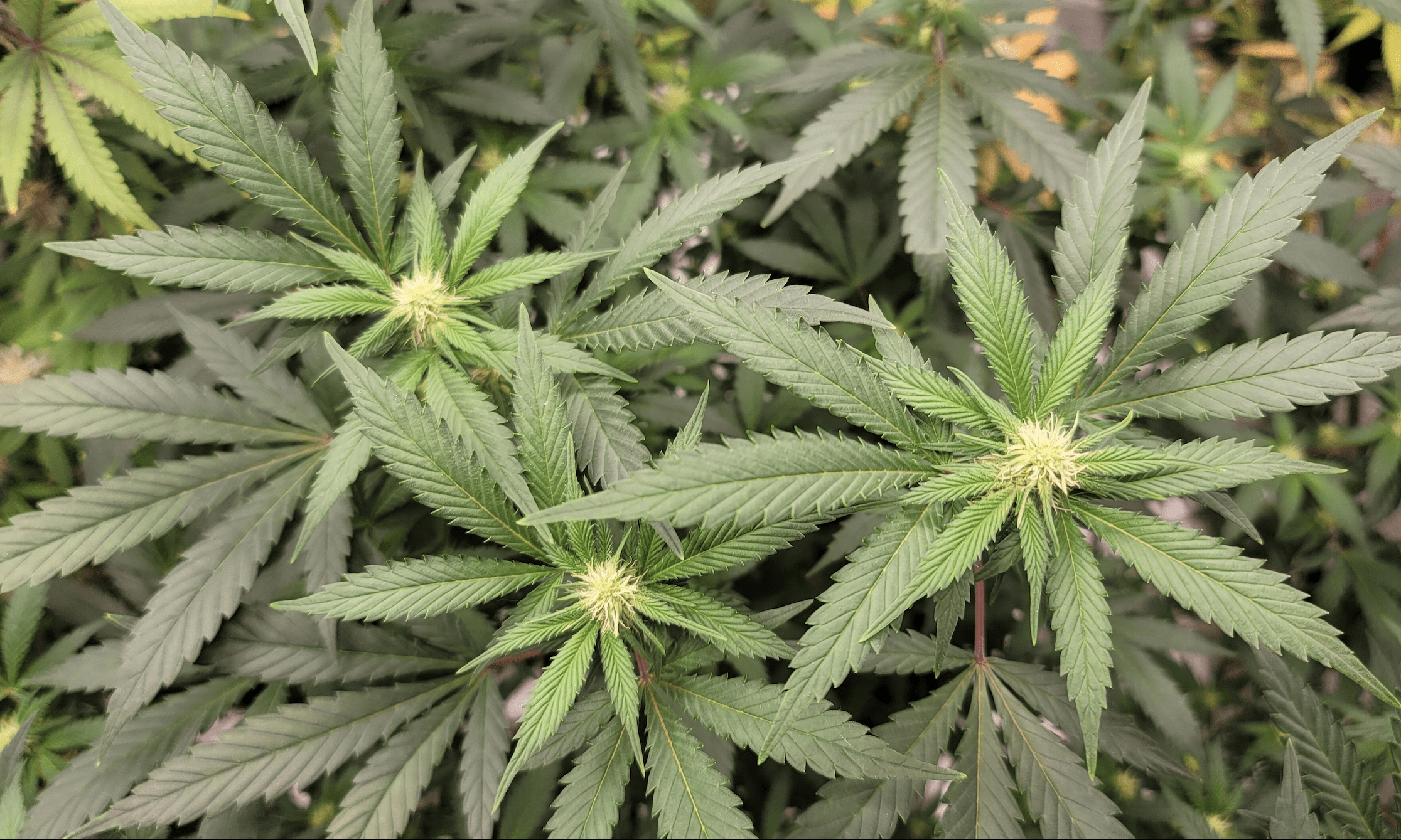Politics
Massachusetts Senate Passes Bill To Double Marijuana Possession Limit And Revise Regulatory Commission

The Massachusetts Senate has approved a bill that would double the legal marijuana possession limit for adults and revise the regulatory framework for the state’s adult-use cannabis market.
About a week after advancing out of committee, the full chamber on Wednesday passed the legislation in a 30-7 vote. It now heads back to the House of Representatives, which approved an earlier version of the measure over the summer.
Among the proposed revisions to the state’s cannabis law is a section that would increase the personal possession limit for marijuana from one to two ounces. Colorado enacted the same reform in 2021 after that state’s cannabis market matured.
Sen. Adam Gómez (D) said on the floor ahead of the vote that the possession limit increase and other changes proposed by the legislation would “modernize” the state’s cannabis laws.
“When Massachusetts voters approved adult-use cannabis we made a commitment—not just to legalization, but to building a safe, equitable and well-regulated industry,” he said. “Seven years later, we’ve made significant progress, but the landscape has changed and our laws need to reflect what that looks like.”
“S 2722 is about meeting this moment,” he said. “It’s about updating our framework to support a maturing industry while staying true to the values that guided us from the beginning, equity, accountability and opportunity.”
In addition to the possession increase, the bill would reduce the size and revise the organization of the Cannabis Control Commission (CCC), while also updating limits on marijuana business licensing.
Under the proposal, CCC would be comprised of three members rather than the current five—two directly appointed by the governor and one by the attorney general.
The legislation includes a reciprocity section, allowing out-of-state medical marijuana patients to purchase cannabis products from Massachusetts dispensaries.
Gómez said the bill will also “remove outdated requirements that force medical operations to vertically integrate.”
He argued that it “strengthens” the state’s commitment to an equitable cannabis industry, including by “supporting employee ownership models and directing the commission to develop fair and transparent host community agreements.”
The legislation additionally directs CCC to study the mental health impacts and long-term outcomes of marijuana use.
“This legislation is not about starting over. It’s about building on what we’ve learned,” Gómez said. “It’s about making sure that our laws keep pace with the growing industry, while protecting consumers, supporting small businesses and advancing equity.”
Senators adopted several floor amendments to the bill on Wednesday, including to require CCC to conduct studies on marijuana supply and demand, excise tax rates and regulation of hemp-derived cannabinoid products.
Other approved amendments direct regulators to update cannabis testing protocols on an annual basis and clarify that they can permit “advertising, marketing and branding of sales, discounts and customer loyalty programs within a marijuana establishment or through an opt-in email list.”
Additional proposed amendments were rejected, including ones to institute new THC potency caps, revise how revenue is distributed, institute a temporary moratorium on issuing certain license types, further increase the cap on how many licenses an entity could own and put term limits on CCC members.
A committee fact-sheet on the legislation states that the policy change is being put forward “in response to the fact that recreational cannabis use has been a common practice for more than seven years.”
Meanwhile, earlier this month, the legislature’s Joint Cannabis Policy Committee advanced a bill that would require a study into legal barriers facing first responders who wish to use marijuana in compliance with state law.
Regulators would also need to look into the efficacy of marijuana in the treatment of anxiety, depression and post-traumatic stress disorder (PTSD). They would additionally examine laws and policies for cannabis use by police officers and first responders in other jurisdictions and “any other topics the commission deems relevant.”
The bill was reported out as lawmakers in a different committee approved separate legislation to provide employment protections for people who use marijuana. Another panel advanced a similar employment protections bill from Rep. Michael Kushmerek (D) in September.
In the background of this legislative effort, the Massachusetts attorney general’s office last month confirmed it has been receiving complaints from the public about petitioners for a 2026 ballot initiative aimed at rolling back the state’s marijuana legalization law–with a growing number of people alleging that signature collectors are peddling misleading information about the proposal.
The marijuana repeal campaign, for its part, said last month that they’re “on track” to securing enough signatures to place the initiative on the ballot. They’re working to submit 100,000 signatures by a December 3 deadline.
Meanwhile, the head of Massachusetts’s marijuana regulatory agency recently suggested that the measure to effectively recriminalize recreational cannabis sales could imperil tax revenue that’s being used to support substance misuse treatment efforts and other public programs.
Whether the cannabis measures make the cut is yet to be seen. Voters approved legalization at the ballot in 2016, with sales launching two years later. And the past decade has seen the market evolve and expand. As of August, Massachusetts officials reported more than $8 billion in adult-use marijuana sales.
—
Marijuana Moment is tracking hundreds of cannabis, psychedelics and drug policy bills in state legislatures and Congress this year. Patreon supporters pledging at least $25/month get access to our interactive maps, charts and hearing calendar so they don’t miss any developments.
![]()
Learn more about our marijuana bill tracker and become a supporter on Patreon to get access.
—
Regulators are also working to finalize rules to allow for a new cannabis consumption lounge license type, which they hope to complete by October.
Separately, in May CCC launched an online platform aimed at helping people find jobs, workplace training and networking opportunities in the state’s legal cannabis industry.
State lawmakers have also been considering setting tighter restrictions on intoxicating hemp-derived products and a plan to allow individual entities to control a larger number of cannabis establishments.
Also in Massachusetts, legislators who were working on a state budget butted heads with CCC officials, who’ve said they can’t make critical technology improvements without more money from the legislature.
Meanwhile, Massachusetts lawmakers recently approved a bill to establish a pilot program for the regulated therapeutic use of psychedelics. And two committees have separately held hearings to discuss additional psilocybin-related measures.
Photo courtesy of Mike Latimer.



